Among several sustainability measures, Café Lab has installed a new system to recycle cooking oil and promote sustainability. The system has been used to remove dirty oil from the kitchen and bring in clean oil, a process that has simplified waste disposal.
“It’s really simple, it’s like picking up a garden hose,” executive chef Jonathan Sherman said.
In the back of the cafeteria there are two silos: one for clean oil and one for dirty oil. Instead of removing and dumping out 450 pounds of oil anywhere, Café Lab provides that oil to Tester Produce trucks for fuel, biodiesel.
Biodiesel is a renewable fuel that can be made from new and recycled oils, including waste oil from restaurants. Using pure biodiesel as an alternative for petroleum diesel can reduce carbon by more than 75%.
“It’s safer for us in the kitchen, because we’re not dealing with hot oil,” Mr. Sherman said. “The fryer oil averages 250-75 degrees, which is an instant third-degree burn, or you could slip and fall. It takes a whole liability out.”
In addition to the sustainable oil system, Café Lab reduces food waste by using fresh ingredients and cross utilizing items. Café Lab averages 300 pounds of vegetables per week, and Mr. Sherman encourages mixing up offerings to keep people interested, particularly at the Stir-Fry bar.
Jonah Chen gets stir fry almost every day. He considers it the best option that’s available in the cafeteria because of the fresh options.
“I usually get chicken, teriyaki and garlic,” Jonah said. “I hadn’t noticed the increase in options because I get the same thing, but it’s nice.”
Yellow and green bins are used to collect food waste for composting, and while most of the work is done behind the service area, cafeteria staff hope to get more of the school involved.
“We’ve worked in the past with the Green Team to educate them on doing an overall composting system for the entire community,” Alicia Culverson, food service director, said. “We’re hoping to revisit that again this year.”
Mr. Sherman takes pride that all of the bowls and plates are biodegradable. Even though it comes at a minor cost, Mr. Sherman is confident that the Lab community is making a difference and doing its part to move in the right direction.
“Every little piece we do helps,” Mr. Sherman said. “Instead of sitting here and not doing anything. Of course we want to do more and more, but it’s a stepping process.”



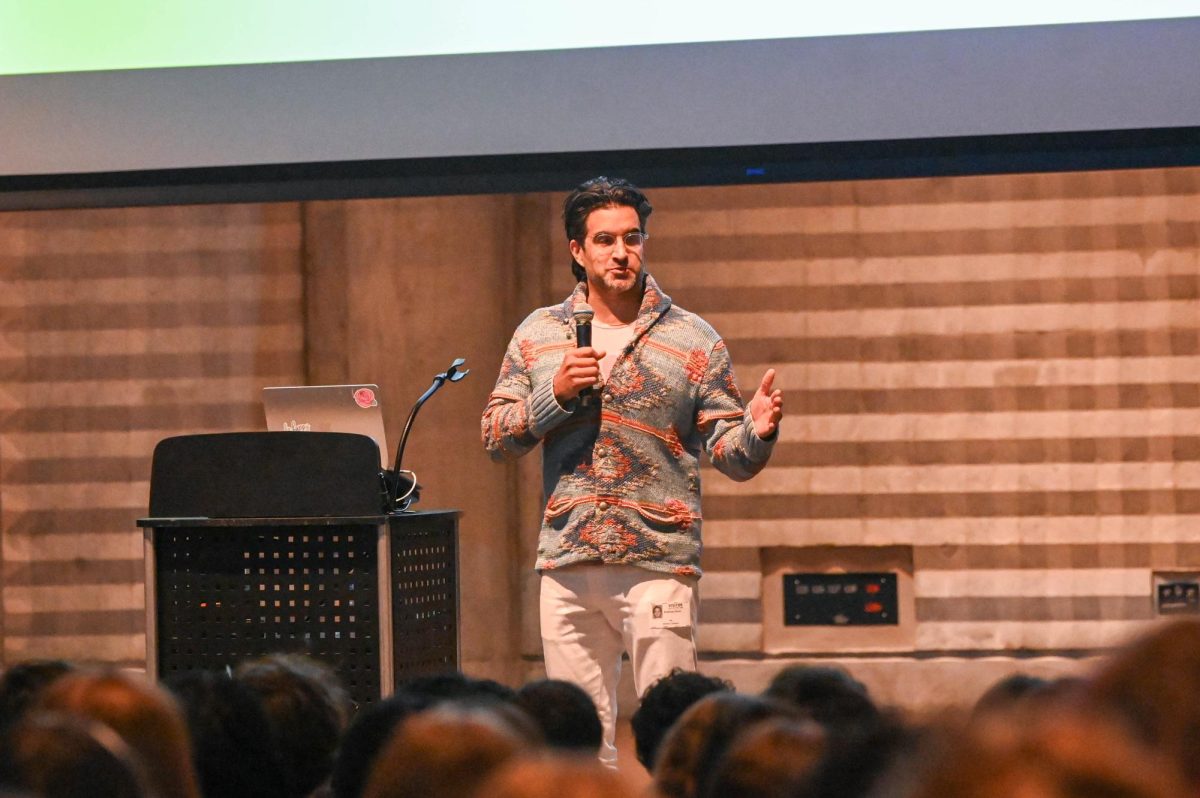

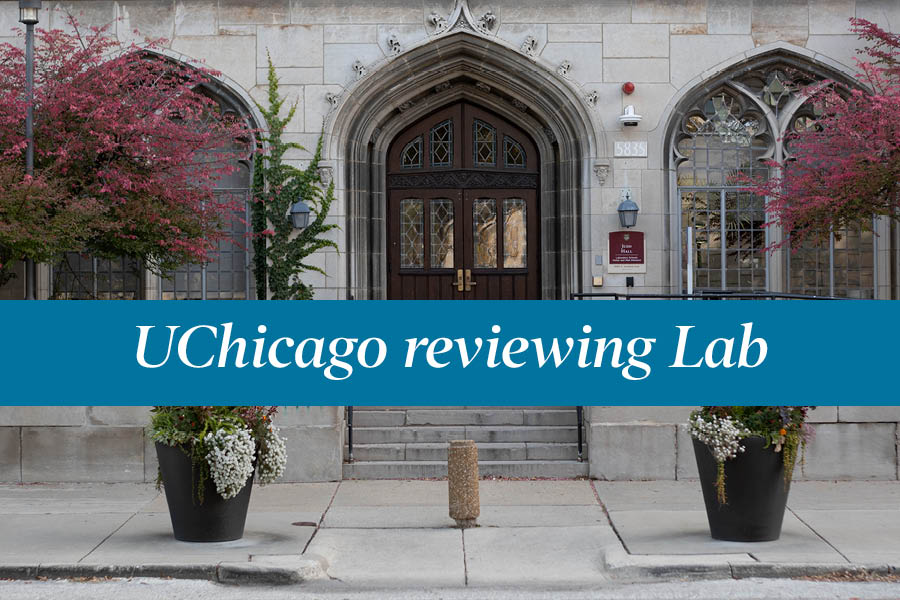




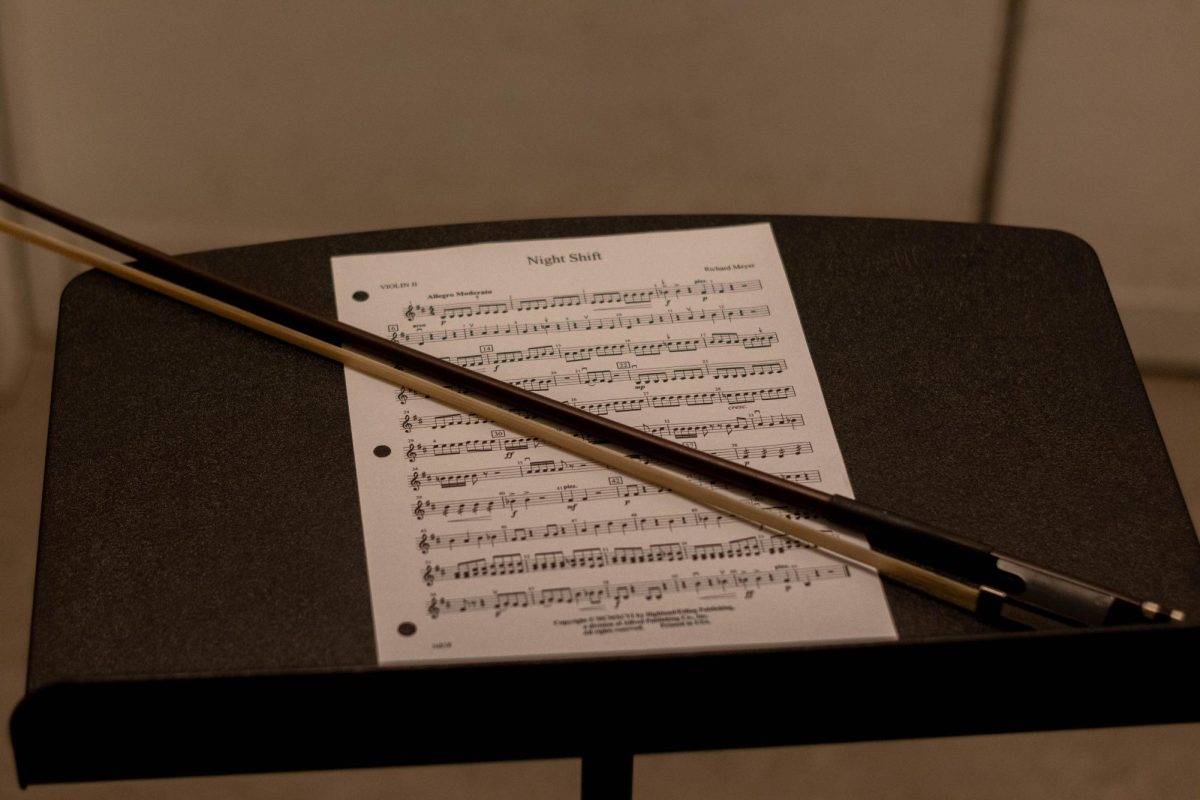







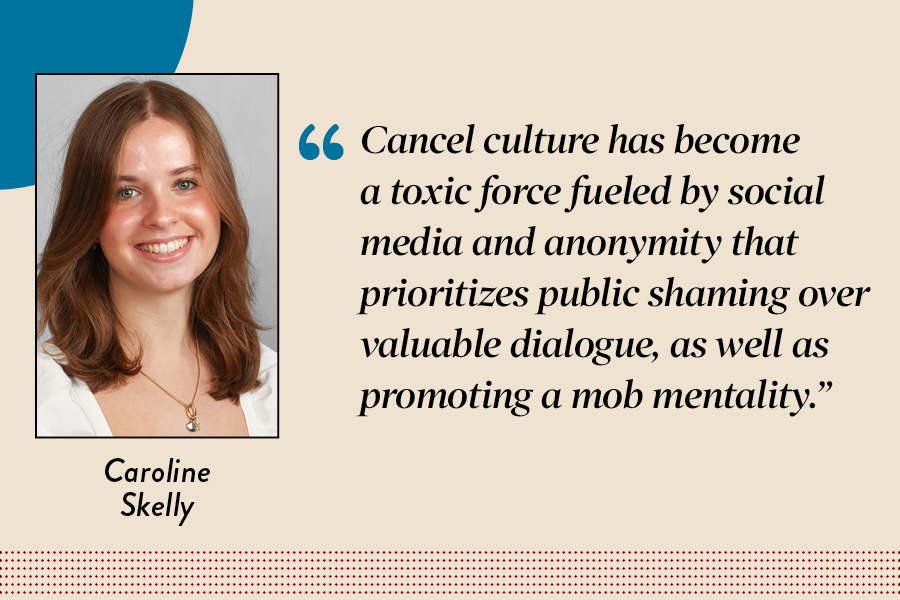

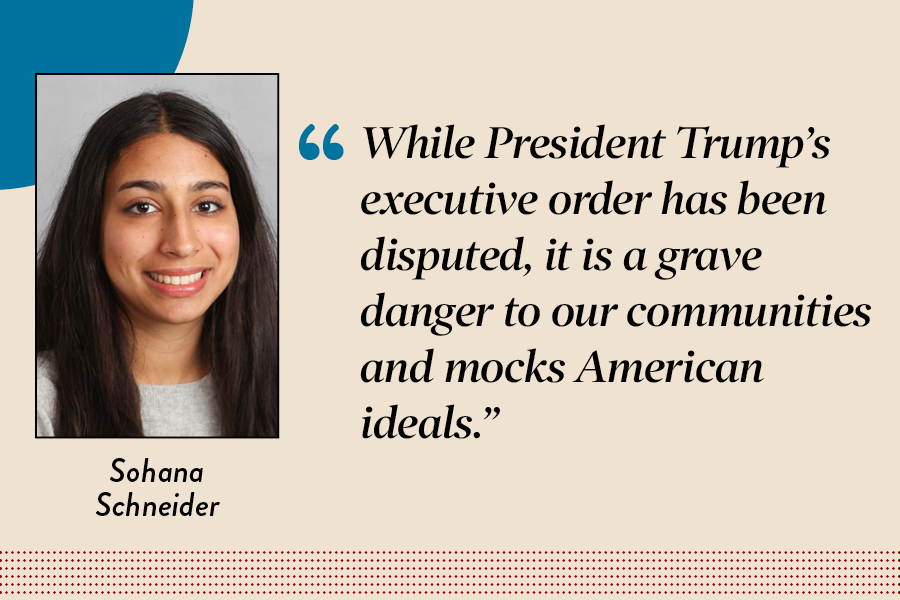



















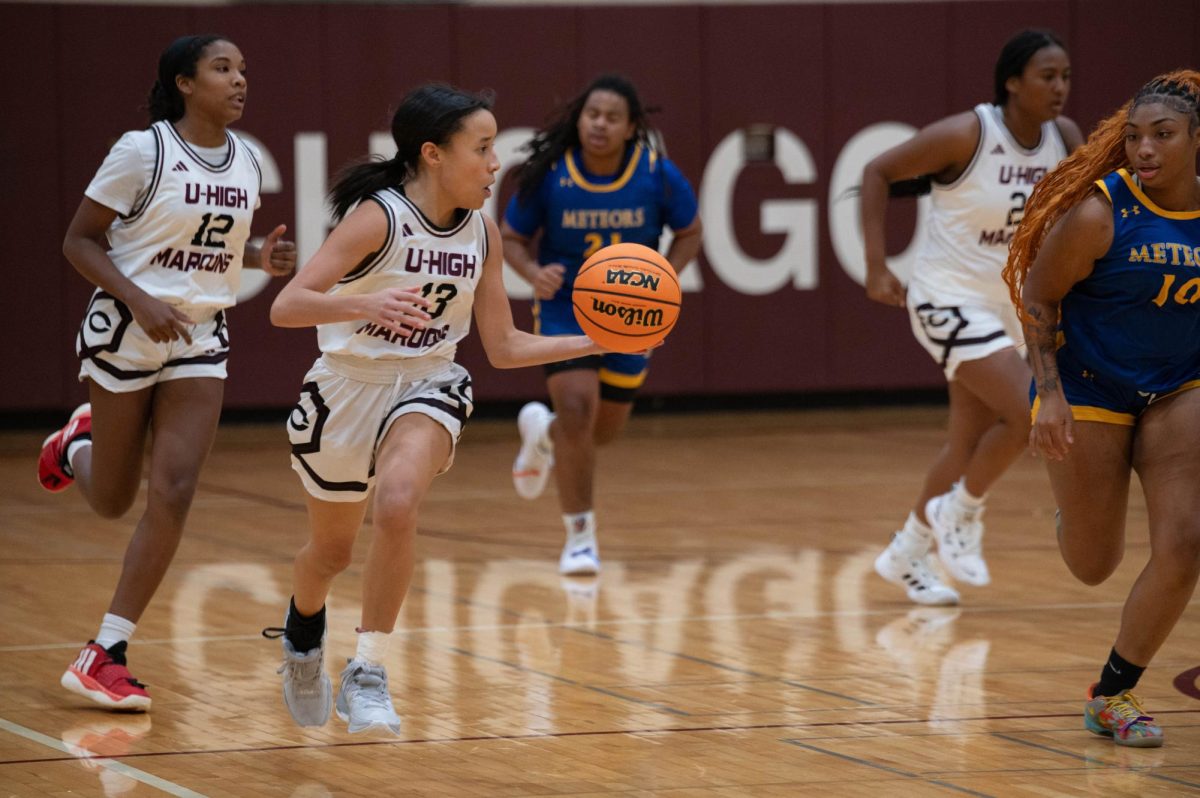







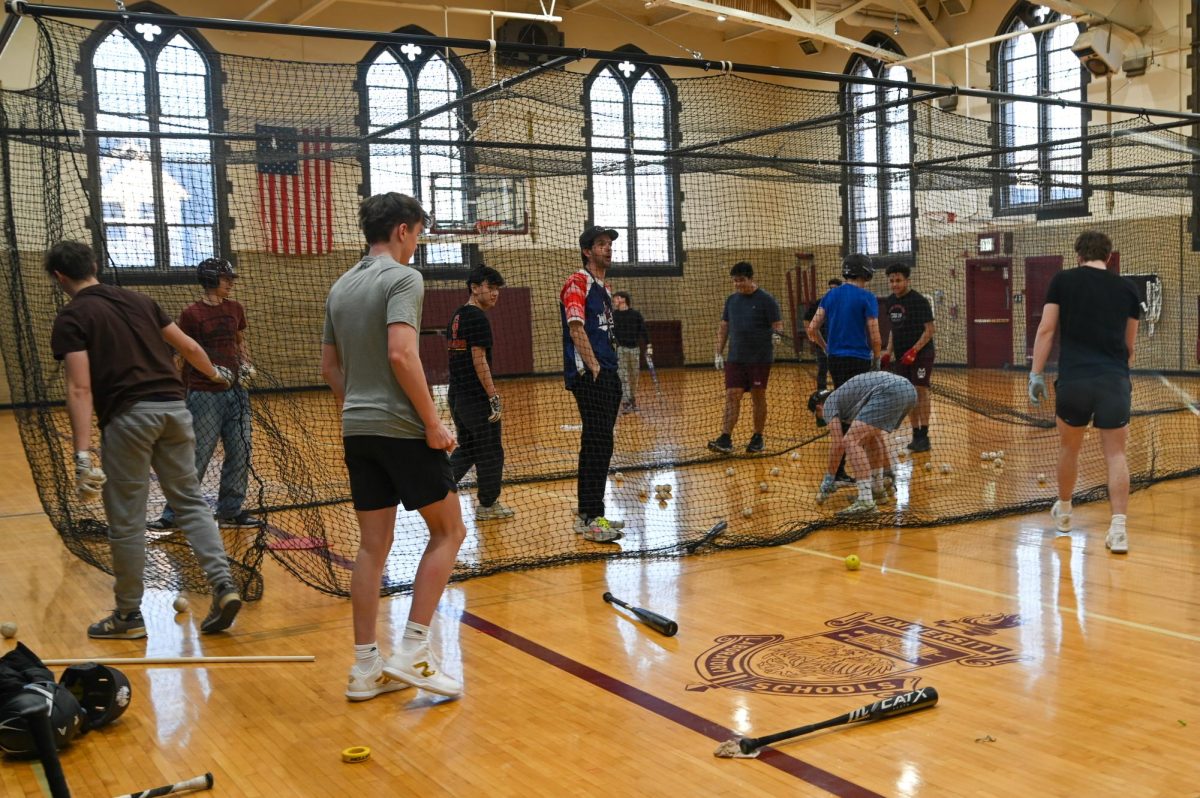





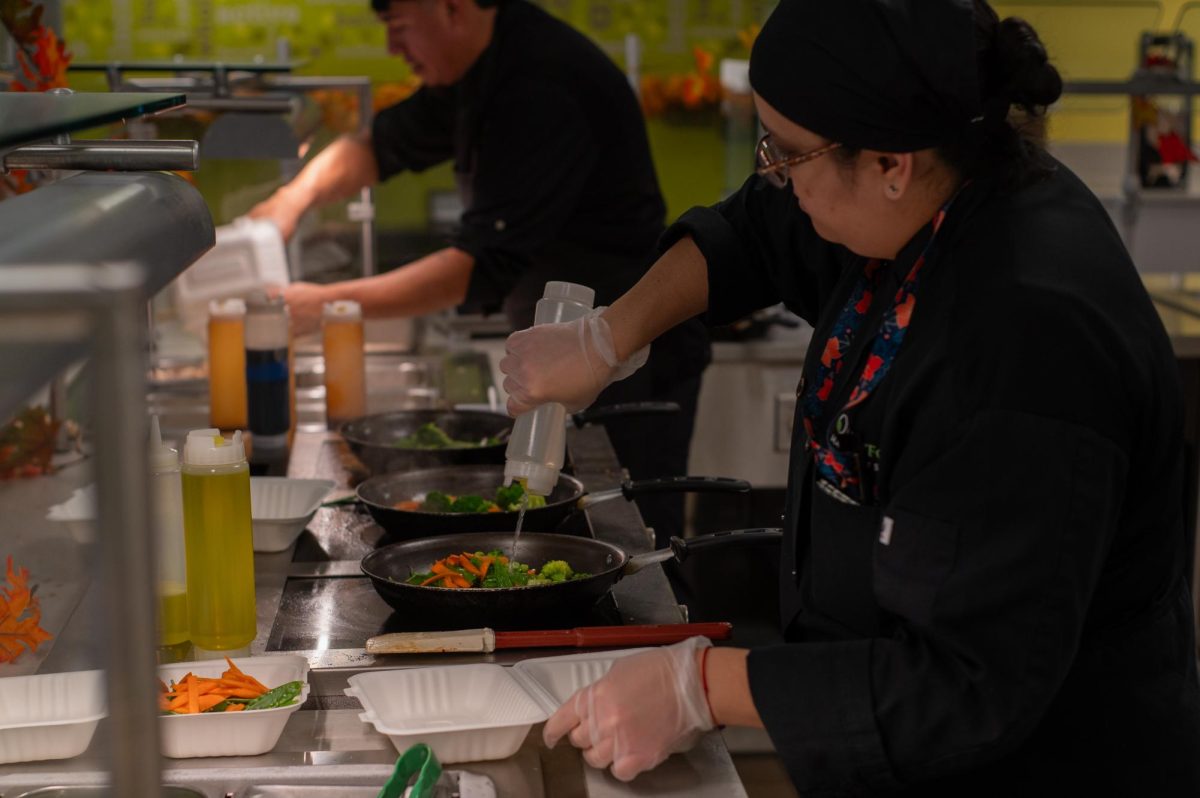

uhighmidwayreader • Mar 25, 2024 at 11:33 am
crazy!